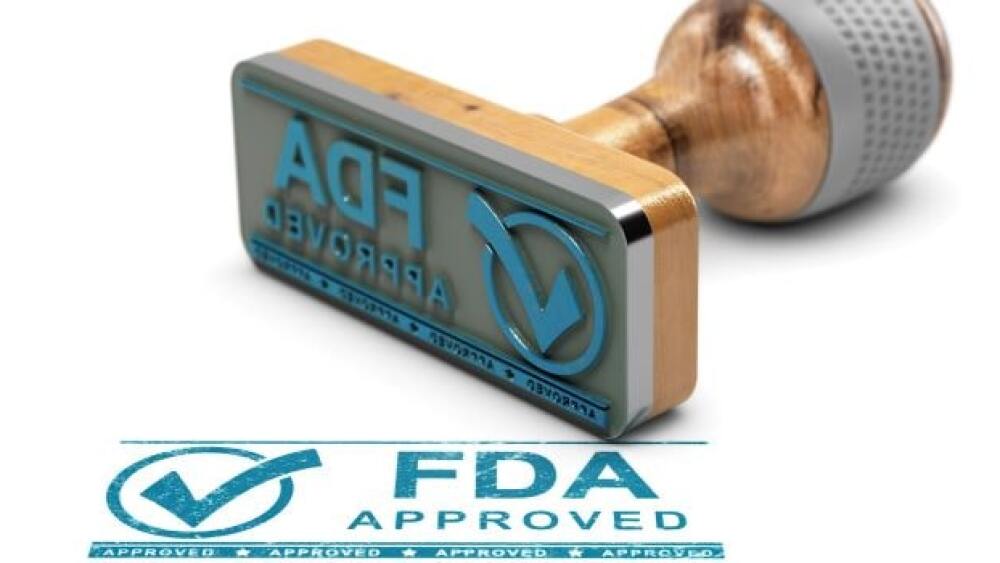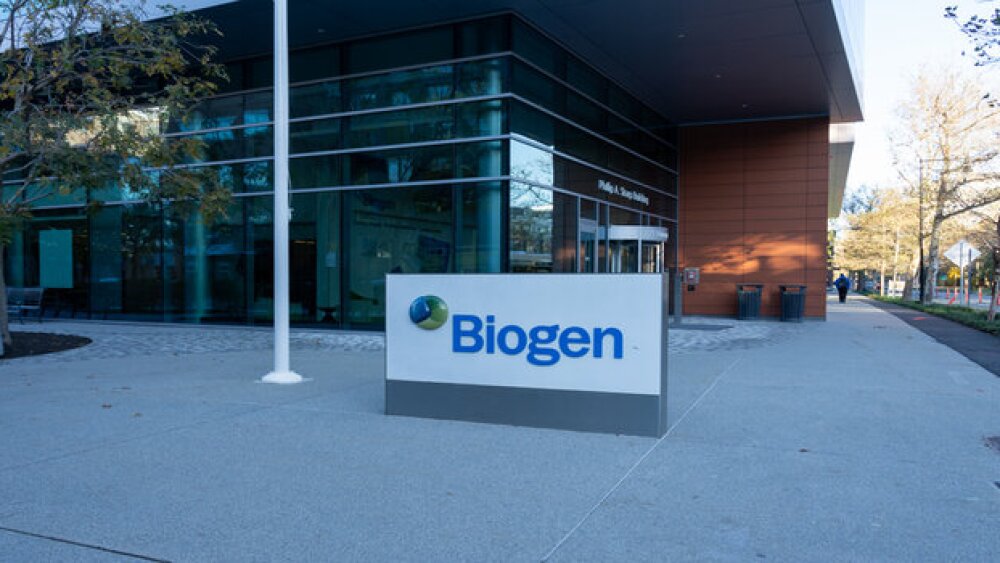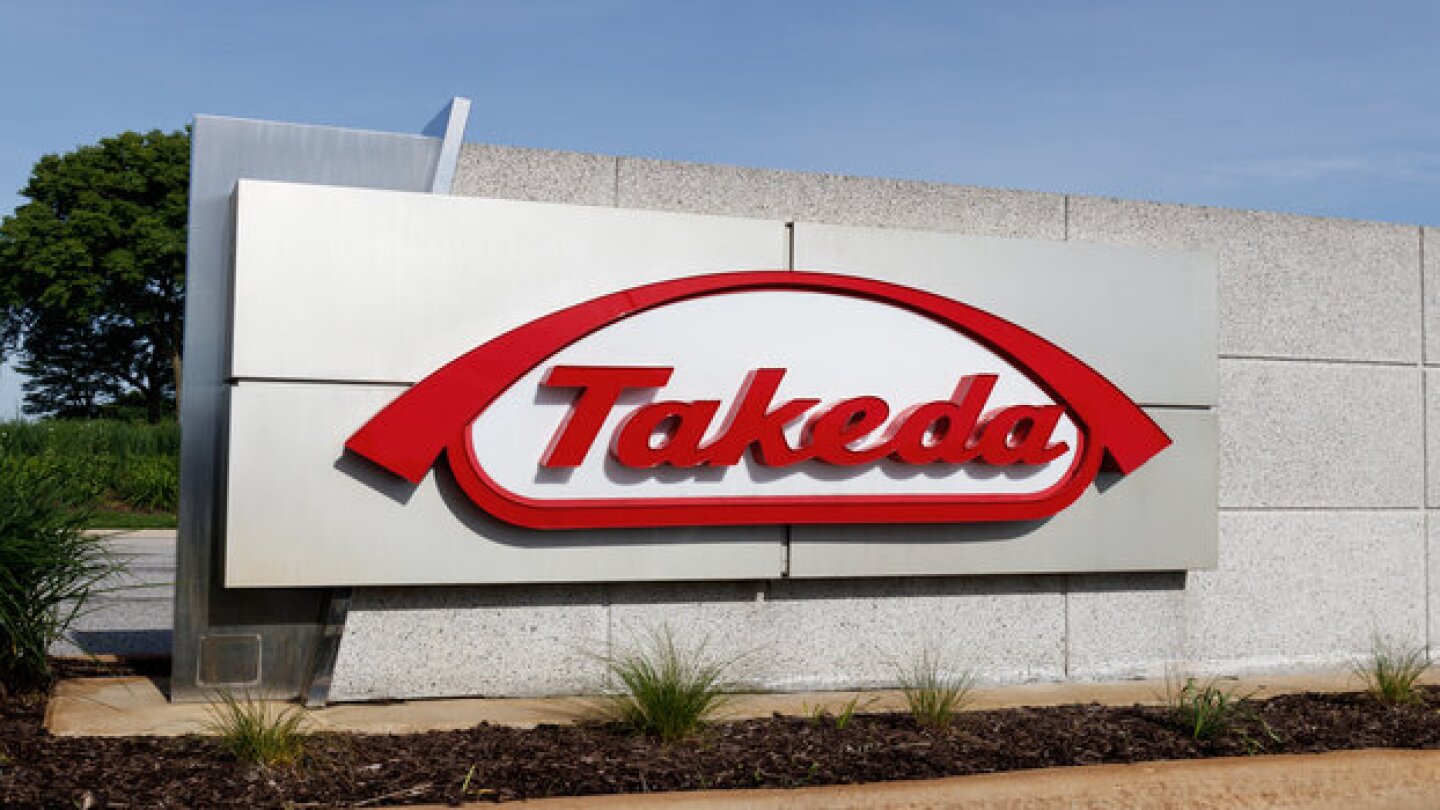News
Industry leaders say uncertainty in funding, clinical development and manufacturing is driving companies to embrace digital transformation, streamlined operations and strategic partnerships to navigate a turbulent market and global tariff pressures.
FEATURED STORIES
Executives at Novartis have not been shy about a desire to buy more companies, with cardiovascular a big focus. In total, the Swiss pharma has put $17.23 billion on the line in M&A and licensing deals this year.
Ori Biotech’s CEO said the prioritization of review by FDA, coupled to the impact of the technology, could shave up to three years off development timelines.
With two late-stage programs set to read out in the next 48 months, Biogen is translating its wealth of experience in multiple sclerosis to lupus—developing a pipeline BMO Capital Markets analysts called “thoughtful.”
Job Trends
Topline overall survival results from the TROPION-Lung01 phase 3 trial, which previously met the dual primary endpoint of progression-free survival, numerically favored datopotamab deruxtecan compared to docetaxel in the overall trial population of adult patients with locally advanced or metastatic non-small cell lung cancer treated with at least one prior line of therapy.
FROM OUR EDITORS
Read our takes on the biggest stories happening in the industry.
With five CDER leaders in one year and regulatory proposals coming “by fiat,” the FDA is only making it more difficult to bring therapies to patients.
THE LATEST
Slapped with the most severe post-inspection classification, the state of Novo Nordisk’s Indiana manufacturing site could pose a problem for clients, including Regeneron and Scholar Rock.
Nabla and Takeda first joined hands in 2022, to push “the boundaries of next-generation biologics discovery,” according to the startup’s CEO Surge Biswas.
While a new facility setup program aimed at encouraging onshoring received a positive reception at a recent meeting, industry representatives said the current rules on existing production plants are the main regulatory issues facing manufacturing teams.
Regeneron is aiming to file a regulatory application for DB-OTO by the end of the year.
The last few months have been tumultuous for the CDC, which has seen the ouster of Director Susan Monarez and all 17 members of the Advisory Committee on Immunization Practices.
Moderna’s mRNA-4359, when used with Keytruda, achieves a 24% overall objective response rate in patients with melanoma, with efficacy increasing to 67% in those positive for PD-L1.
Novo had around 250 employees working on cell therapies, all of whom will be laid off, though a spokesperson declined to reveal which offices and locations will be affected.
The market outlook is full of uncertainty and pitfalls. Experts weigh in on how to mitigate risks.
While the benefits of AI are clear, the amount data sets needed for effective AI integration is proving to be a challenge. This is particularly true for cell therapy companies as they are eagerly seeking ways to reduce development costs. Two experts at Charles River Laboratories provide insights by giving their takeaways from their own AI integrations.
To drive true innovation in drug development, executives must not let excitement about the latest shiny object obscure ultimate outcomes.

















